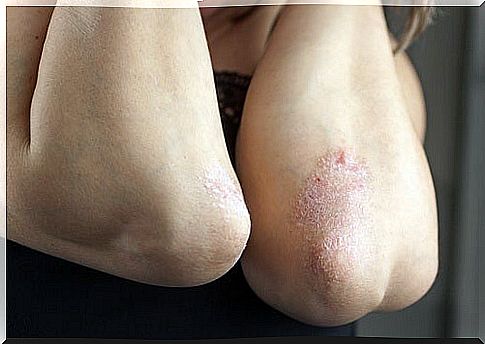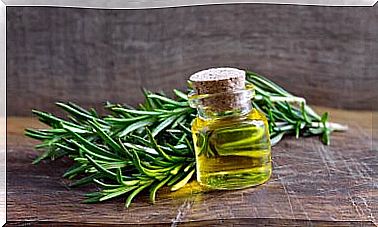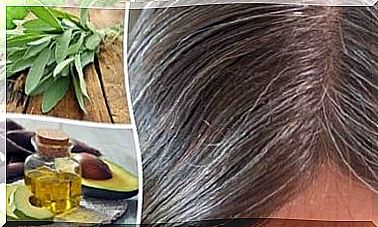Is It Advisable To Use Home Remedies For Psoriasis?
Although the exact causes are not known, it is known that psoriasis is an autoimmune inflammatory disease, which has its origin in a disorder of the immune system. In normal situations, it protects us from infections and diseases, but in an autoimmune disease it attacks healthy cells and tissues of our own body. It develops in patients between the ages of 11 and 45 and presents with the following symptoms:
- Constant shedding of dead cells, which accumulate on the surface of the skin.
- It causes red spots and covered with silver scales, which are easily detached.
- It can occur anywhere on the body, although it is most commonly found on the elbows, knees, lower back, and scalp.
- In some cases it can cause intense and burning itching.
Although it does not carry a life-threatening risk, according to the Spanish Academy of Dermatology and Venereology (AEDV), this disease has significant repercussions in the physical, emotional, sexual, labor and economic environment of the patient, and significantly decreases their quality of life, with an impact similar to that of diabetes, arthritis, or chronic obstructive pulmonary disease.

How is psoriasis treated?
As the specialists explain, there are currently three medical treatment options that are applied depending on the severity and characteristics of the specific case. It is very important to always go to a professional and receive appropriate treatment for the case, since the consequences if the problem worsens can be harmful. Thus, the treatments are as follows:
- Skin lotions, ointments, creams, and shampoos, often referred to as topical treatments.
- Pills or injections that affect the body’s immune response, not just the skin. They are called systemic or generalized treatments.
- Phototherapy, in which ultraviolet light is used.
In addition, fortunately, there are alternative treatments that can help relieve psoriasis symptoms when applied in addition to medical treatment. The scientific efficacy of any of these treatments has not been proven, but in most cases they are flattering and help reduce symptoms, such as itching and flaking.
What natural treatments can help?
First of all, it is usually recommended to apply aloe vera to the area. This is because aloe extract creams can help reduce redness, flaking, and itching. In any case, it is important to acquire the cream in a specialized center, and that it is a natural product.
It is also common to use fish oil. Because the omega-3 fatty acids in fish oil supplements can help fight inflammation caused by psoriasis. Taking 3 grams or less of fish oil per day is generally considered safe and may be beneficial.
Finally, the Oregon grape is known, also called “barberry”. This product has topical applications that can help reduce inflammation and relieve psoriasis symptoms.
On the other hand, in addition to making use of these natural products, a good recommendation is to take baths every day. When you bathe, you remove the scales and soothe inflamed skin. Bath oil, colloidal oatmeal, or mineral salts can be added to the water to help the skin cleanse and regenerate. Avoid hot water and harsh soaps as these can make symptoms worse. Stay in the lukewarm water for about 10 minutes and then pat the skin dry.
Of course, after the shower, it is also advisable to use moisturizer. After bathing, apply the product while your skin is still damp. In very dry skin oils tend to work better, since they tend to stay longer than creams.
In conclusion…
If you are considering the possibility of using dietary supplements or other alternative treatments to alleviate psoriasis symptoms, always remember to consult your doctor or dermatologist. He can help you analyze the advantages and disadvantages of specific alternative treatments applied to your specific case.
Psoriasis can be a lifelong condition that can usually be controlled with treatment. It can go away for long periods and then come back. With proper treatment, the problem does not affect your overall health, but you should be aware that there is a strong link between psoriasis and other conditions, such as heart disease. Therefore, it is essential to always treat it properly.









